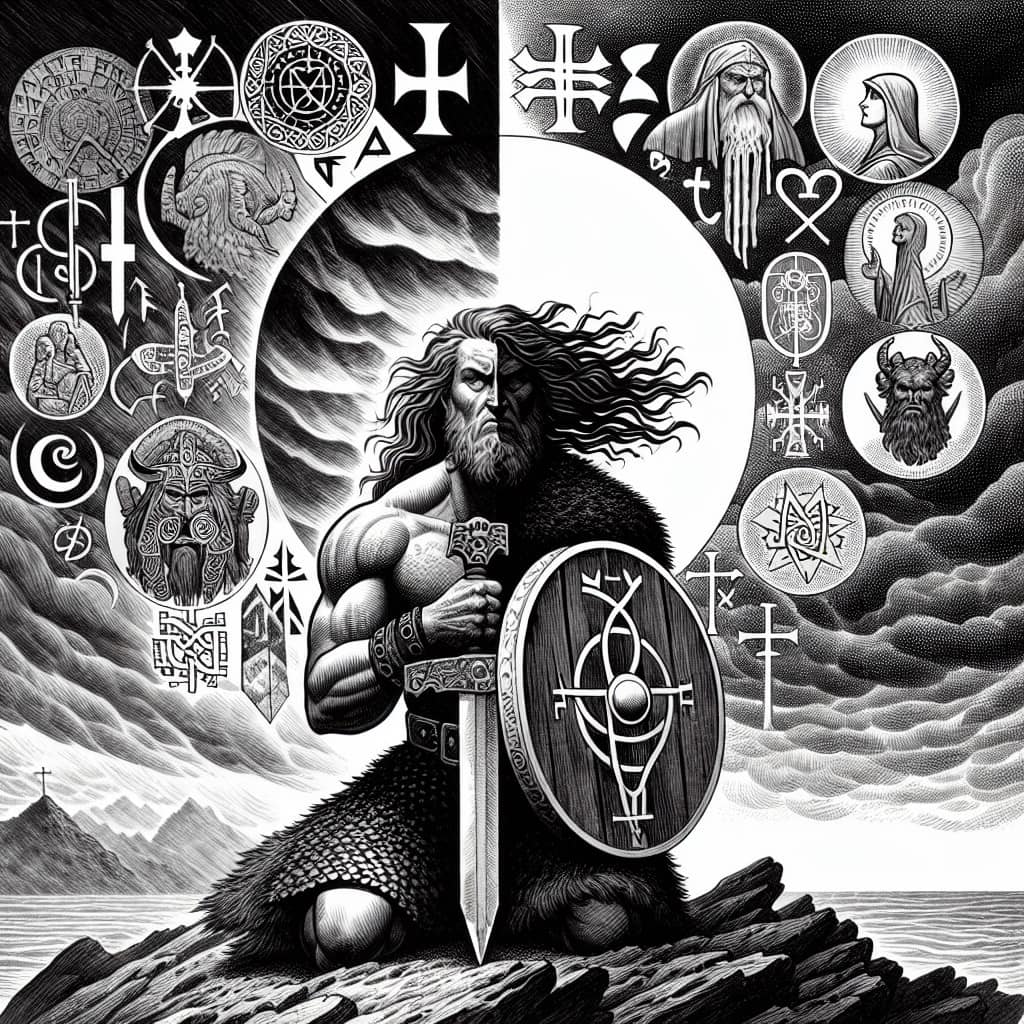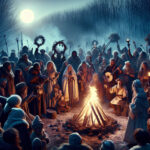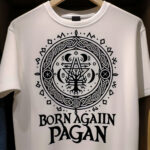Beowulf is one of the oldest surviving texts in English literature and has been studied by scholars for centuries. The debate over whether the epic poem is pagan or Christian has long been a topic of scholarly debate. This article will examine the evidence presented by both sides of the argument, and explore whether Beowulf is a pagan or Christian work. It will also consider the implications of either answer and how it may affect our understanding of the poem and its origins.
Beowulf is an epic poem, composed in Old English, normally dated to the 8th century. It is one of the earliest surviving works of literature in the English language and often cited as one of the most important works of Anglo-Saxon literature. The poem tells the story of Beowulf, a hero from Geatland who comes to the aid of Hrothgar, the king of the Danes, and helps to rid his kingdom of the monster Grendel.
What is Beowulf about?
The story of Beowulf is set in Scandinavia during the 6th century and tells the story of Beowulf, a hero from Geatland who is called upon to help defend Hrothgar, king of the Danes, from the monster Grendel. Beowulf battles the monster and is victorious, but at a great cost. After his battle with Grendel, Beowulf is challenged by a dragon and must once again step up to the challenge in order to save Hrothgar’s kingdom.
Is Beowulf pagan or Christian?
The debate over whether Beowulf is a pagan or a Christian poem has been ongoing for centuries. Some scholars argue that it is a Christian poem, while others believe it is more accurately described as a pagan poem with Christian influences. The poem itself does not mention any specific religion, but there are hints of both pagan and Christian beliefs throughout. For example, Beowulf makes references to the Christian God, such as when he prays for divine help before his battle with Grendel. At the same time, he also refers to pagan gods such as Woden, who is believed to have been the chief god of the Anglo-Saxons. In addition, Beowulf is not an overtly religious poem and does not mention Jesus or other central figures of the Christian faith.
What is the significance of Beowulf?
Beowulf is an important piece of literature as it is the earliest surviving work of literature in the English language. As such, it has served as a model for many later works of literature, including the epic poem Paradise Lost and the novel Grendel. In addition, Beowulf is also significant as it is one of the few surviving works of literature from the Anglo-Saxon period. By studying Beowulf, scholars are able to gain insight into the beliefs and values of the Anglo-Saxons, which can provide important context for understanding how their society functioned.
Conclusion
Beowulf is an important work of literature and an essential piece of the Anglo-Saxon legacy. Whether it is a pagan or Christian poem is still the subject of debate, as it contains elements of both traditions. Despite this, Beowulf remains an important work of literature that provides insight into the beliefs and values of the Anglo-Saxons.
In conclusion, it is clear that Beowulf is a complex story that has been interpreted in many different ways. It is a story that has been shaped by its cultural context and is a reflection of the changing religious beliefs of its time. While there are elements of both pagan and Christian beliefs present in Beowulf, it is ultimately up to the reader to decide which of these influences is more prominent. Ultimately, Beowulf is a story that is both pagan and Christian, and its complexity is what makes it so fascinating and timeless. No matter how it is interpreted, Beowulf is an important work that continues to captivate audiences and inspire new interpretations.





